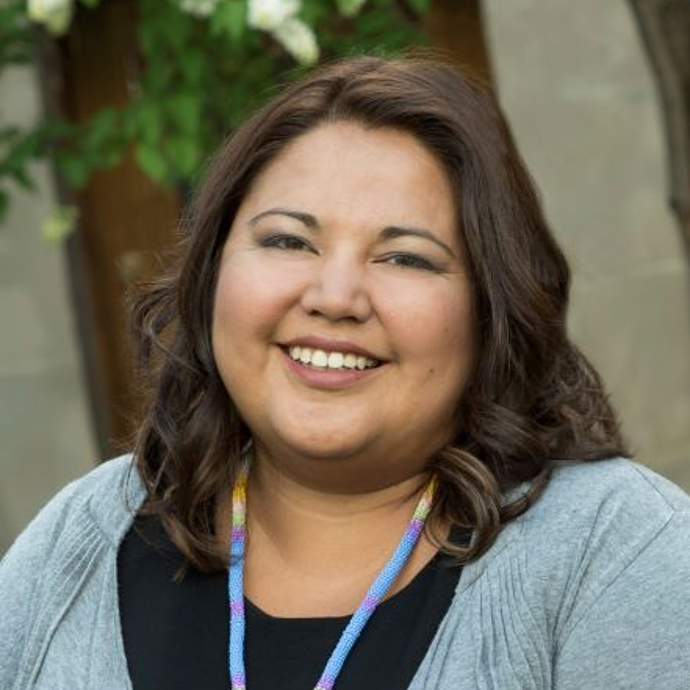
Lawyers, social workers and service providers serving Indigenous children and families are invited to a free webinar featuring University of Alberta Faculty of Law experts to learn how a new federal law now makes Indigenous jurisdiction over child welfare mandatory.
"An Act respecting First Nations, Inuit and Métis children, youth and families" (formerly Bill C-92) went into force January 1.
It recognizes the inherent right of First Nations, Métis and Inuit jurisdiction over Indigenous child and family services and also outlines new national standards that service providers must meet when working on cases involving Indigenous children.
However, there has not been widespread recognition that the new legislation is in full force right now and that it sets national minimum standards that must be adhered to immediately, said Hadley Friedland, an assistant professor at UAlberta Law and co-lead of UAlberta's Wahkohtowin Law and Governance Lodge,
The hour-long webinar runs Monday, February 10, at 11 a.m. MT. Registration is free.
It will be led by Friedland, who has worked extensively with Indigenous communities across Canada to identify and articulate their own laws, and Koren Lightning-Earle, the Lodge's legal counsel who previously led initiatives with the Law Society of Alberta to advance the process of reconciliation with the Law Society and Indigenous Peoples in Alberta.
"This seminar is geared toward supporting social workers and service providers, who are the first line of contact, in how to think creatively and identify strengths and opportunities within the new Act to work with Indigenous communities, families and communities." says Lightning-Earle.
The webinar is jointly hosted by the Wahkohtowin Law and Governance Lodge and the Canadian Association of Social Workers. It is open to the general public, legal practitioners, academics, Indigenous leaders and communities as part of the free public legal education, which is a primary mandate of the Wahkohtowin Lodge.